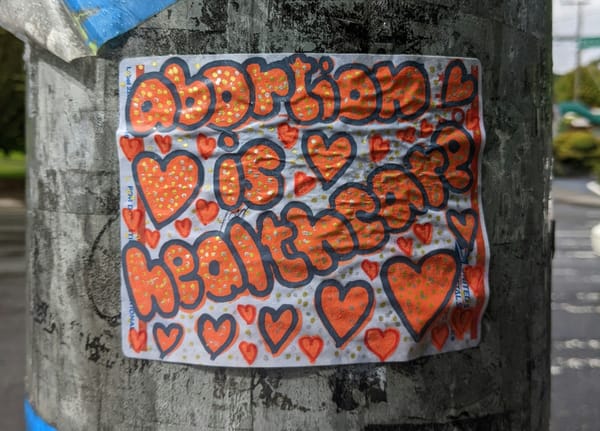The Progressive Outreach In Rural Texas

For years, it seemed almost a given that numerous races in rural Texas would go uncontested, and whatever candidate had Republican on the ballot would automatically win. Now, a major organization is trying to challenge that dynamic, and pouring in resources to ensure that rural counties can have a fighting shot at electing the best candidate, regardless of party.
Contest Every Race is the brainchild of Movement Labs, a national incubator with a goal of building progressive power throughout the country. Founded in 2018, Contest Every Race officially moved into Texas in 2020. Contest Every Race works to ensure that candidates in rural parts of the country are both recruited and supported. They ensure this through an innovative grants program that can infuse up to $500 each quarter for participating coalitions that complete monthly actions. These actions can range from voter registration to door knocking to putting on a community event.
Rural counties are defined as those in the state with less than 150,000 residents. After expanding their program in July 2023, Contest Every Race operates in nineteen counties in Texas: Wood, Blanco, Lee, Calhoun, Anderson, Hunt, Shelby, Fayette, Jeff Davis, Frio, Parker, Rains, Medina, Andrews, Young, Navarro, Houston, Franklin, and Bastrop.
LaShun Roy heads up their Texas efforts and she spoke with Texas Signal about increasing the impact of Contest Every Race even more this year. Since July of last year, they recruited 82 candidates and logged over 150 volunteer shifts.
According to Roy, one of the biggest misconceptions about working in rural Texas is that the community is disengaged. She pointed to a number of local races on the school board and municipal level that drew even more interest from candidates and voters. For Roy, working in the model with Contest Every Race has been a chance to tap into communities that often feel ignored, but at the same time want to work against voter apathy.
Issues that her teams in rural counties have been encountering vary from vouchers, which could deprive rural counties of funding, and the environment, particularly when it comes to water. She also hears that cost of living is a big concern, for folks over fifty. “How are they going to be able to go to the doctor or afford their medication?” notes Roy.
Brit Bender, who is the Organizing Director of Contest Every Race, says relational organizing is a key component of what makes her group so impactful. Getting their grant teams comfortable with peer to peer engaging not only spurs potential new voters, it helps “build our base,” she says.
While Bender concedes the importance of national or statewide races, it’s closer to the community where she sees the biggest effect. “How do we build that bench of Democrats on the local level?” Some preliminary data from 2022 shows that in counties where Contest Every Race was operating, Democrats increased their share of the vote by two to three points.
In Texas, relational organizing is something that Roy sees every day. In fact, a lot of organizing is an organic outgrowth of the outreach that’s already happening in places like churches or historic community centers. For this next election cycle, Roy is excited to continue the work in rural counties. “You have to talk to your neighbors and to the people you know and come together for whatever you want to see changed or believe in.”






